Text
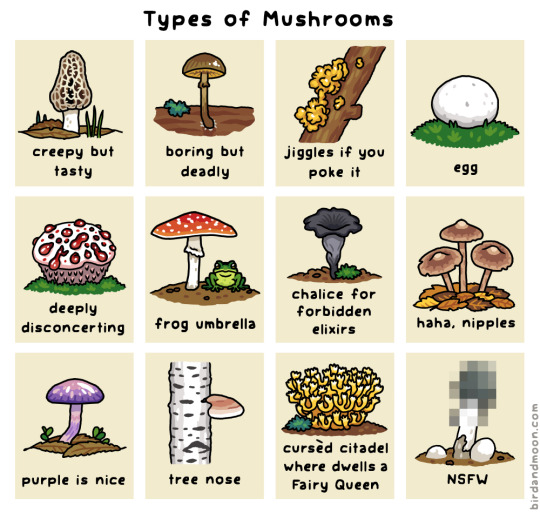
It's mushroom season! Here are all the types you will see.
Patreon | Mailing list
18K notes
·
View notes
Text
Calocera Viscosa/Ramaria aurea


I mean, if the calocera has too much or the Ramaria too little then Ig I can see how they would get confused
0 notes
Text
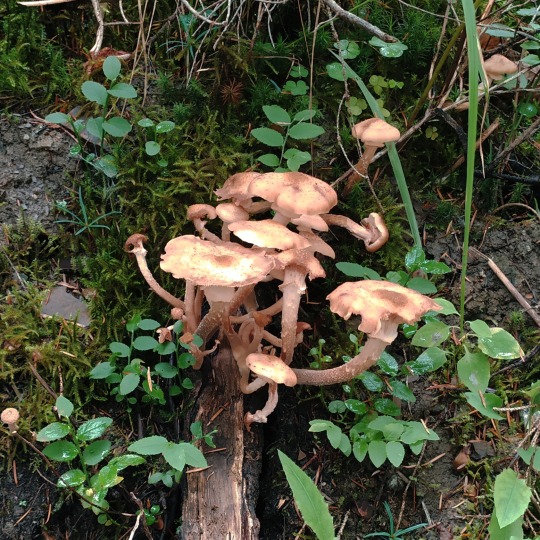

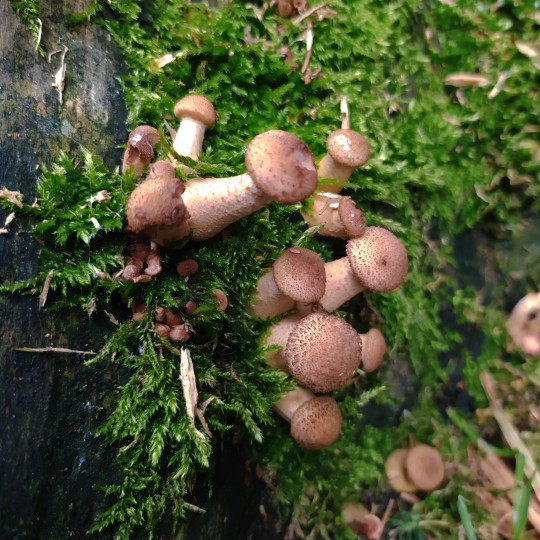

#so pretty💕#the yellow one is apparently a Calocera viscosa#there's nothing too interesting about it i just thought it looked cool and i looked it up#apparently the yellow one it's oftem mistaken with the Ramaria aurea...?#but i don't see how#but yknow#the more you know
2K notes
·
View notes
Text
Some stuff i learned about Mushrooms today! Pt.1
Identification and Anatomy
Ok so, let's start with the protective tissue veils, there are two types, Universal veil and Partial veil
Not all mushrooms have universal veils and not all mushrooms have partial veils.
The Universal Veil is there to cover the entire mushroom when it's growing, like a lil egg!
When the mushroom starts growing the tissue of the veil starts breaking, and you can tell what type of veil it was for the residue it leaves behind
The residue can be thick, which means you won't see much tissue on top but you will see a little trunk of tissue on the base


(These two also have thick partial veils but I'll talk about that on a second)
Or it can be Thin/Sticky, and leave residue on the cap.
You know what famous mushroom has a thin/sticky universal veil?

This guy! Based on the Amanita Muscaria

Those dots? Aren't dots! They're residue, warts, if you were to clean it the mushroom would be only red
Now, the Partial Veil goes underneath the cup and it works as a protective layer for the spores, as with the Universal Veil it can be
Thick which means it leaves a lil skirt behind like the aforementioned examples but also as this ones

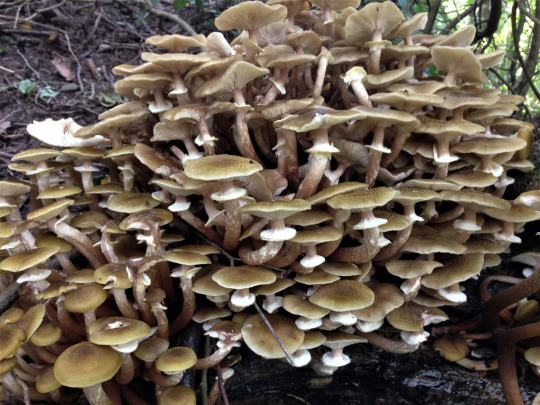
Not so fun fact about the last ones, those are honey mushrooms and one of their own is the largest living organism on earth (though this isn't a super cientific fact), inhabiting 2.400 acres of earth. For comparison, a football field is roughly 1 acre. As fascinating as this is, I should mention that Honey mushrooms are tree parasites.
They can also be thin/sticky leaving bits of tissue behind


Or it can be a secret third option, Cortina. A super thin layer like fiber that only leaves behind a bit of fuss, very much like spider webs


How does this all ties to identifying mushrooms? Idk, I guess they're characteristics. It's still fascinating imo
Anyways this is just my little blog to post about mushrooms so obviously I'm no mycologist, some of these things may be wrong so if you happen to somehow stumble here and you find any mistakes, do tell me please!
2 notes
·
View notes
Text

Günter Miglanz
#green elfcup#i think#like i know it's from the family because the photographer said so but I'm not sute if it is this exact member#I'm pretty sure it is tho#anyways#apparently these are often less than 0.5cm#just picture how TINY that is#also the white underside and stem darkens with age#which means not only these are tiny#they are also babies
327 notes
·
View notes
Text





Unknown mushrooms growing in garden mulch. Aspen Parkland eco region in Alberta, Canada
7 notes
·
View notes
Photo




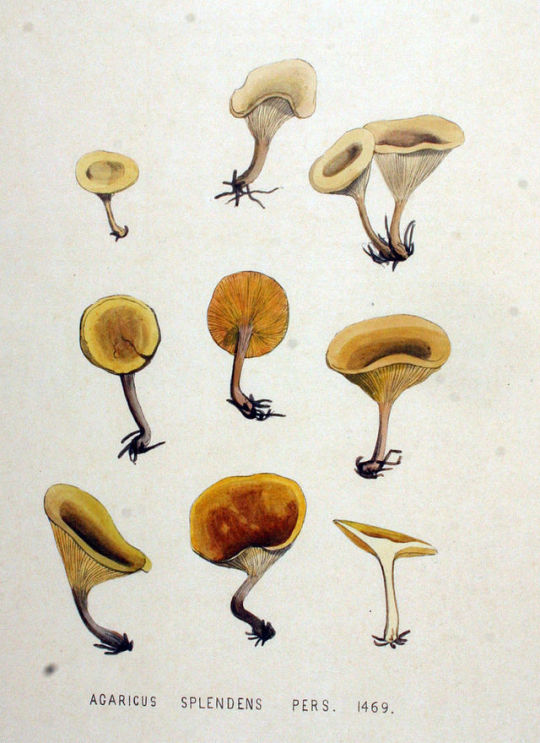

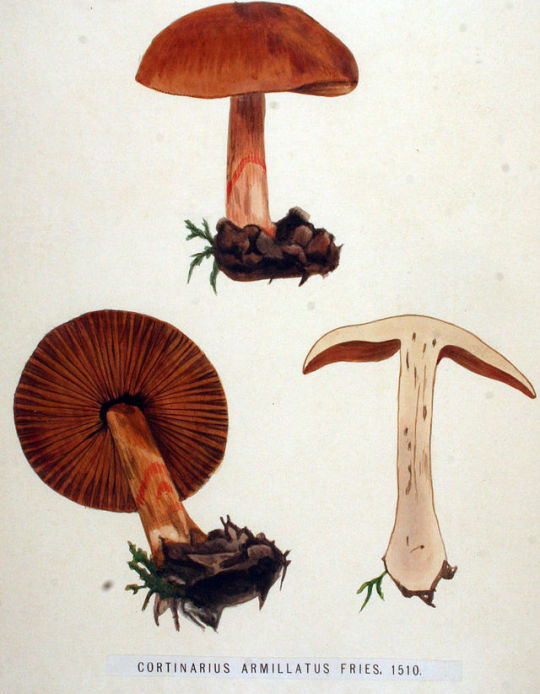


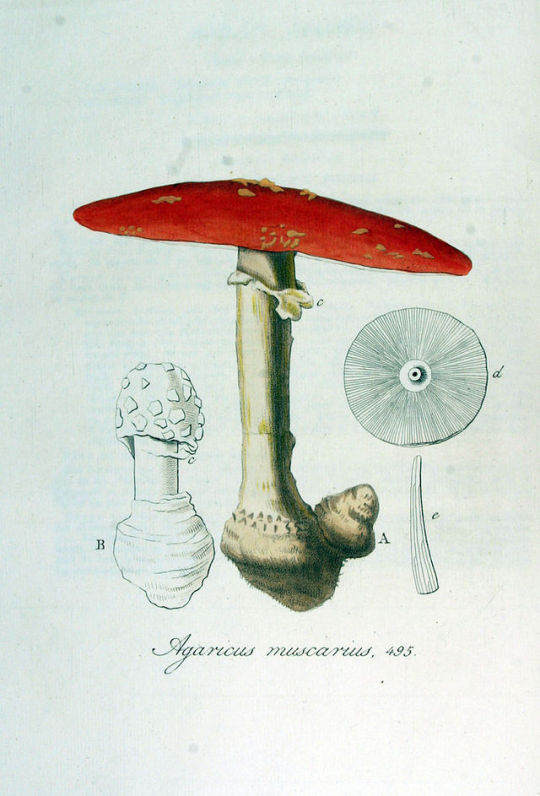
Illustrations of fungi by Christiaan Sepp taken from Flora Batava ( first published 1800) by Jan Kops (1765–1849) .
www.BioLib.de
Wikimedia
3K notes
·
View notes
Text
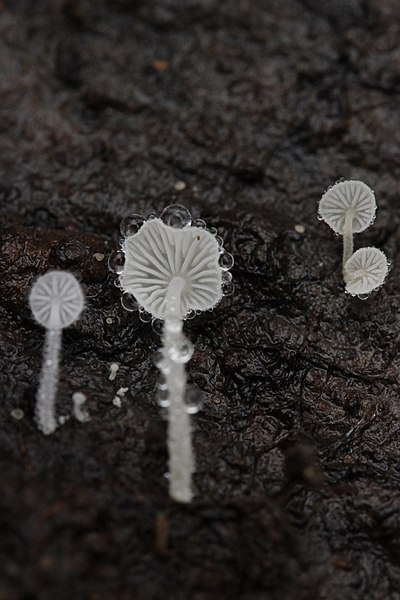
This little baby is called a dewdrop bonnet and is the prettiest thing to ever exist
Sadly i couldn't find much info on the little guy but i like, it's very tiny


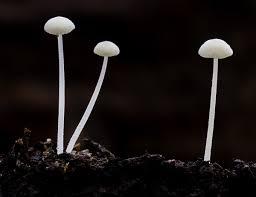

1 note
·
View note